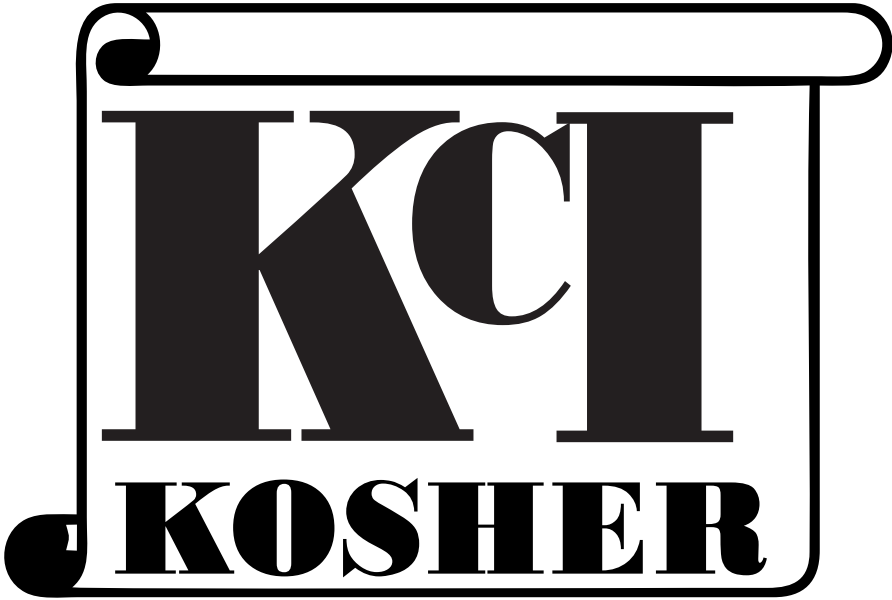What is Kosher and How to get kosher?
The word "Kasher" or "Kosher" comes from the Hebrew word "Kasher" or "Kosher," which indicates "purity and fit for human consumption." Kosher foods must adhere to the Torah's kashrut regulations. Parve, dairy, and animal products are only a few examples of kosher foods.
Kosher certification agencies in India offer a process by which food manufacturers verify that their products are Kosher certified and comply with all food safety regulations. Kosher certificates can be found on the packaging of every Kosher product. It can be difficult to know if the meals you're consuming are Kosher because of today's complicated food manufacturing processes.
As a result, mechanisms for certifying certain food products have been put in place. Kosher foods have a label on their package that symbolizes that they have matched all the needs and are fit to consume.
Kosher food is defined as food that does not contain any banned elements, such as pig or shellfish in meat, or combinations of dairy and meat. Fruits and vegetables that have not been processed are always deemed Kosher. Processed goods, on the other hand, are declared Kosher provided the manufacturing process has been supervised to ensure that no prohibited substances or mixes are present. Food is separated into four categories by Kosher law, and each type of food has its own set of rules from preparation to consumption.
The major four types of foodstuff are meat, dairy products, pareve, and other foods, and all food items in these categories must adhere to Kosher standards in order to be Kosher certified.
- Meat or animal products-Under Kosher, only meat originating from animals with split hooves and chewing cud is permitted, which includes cows, sheep, and goats. Only chicken, ducks, geese, and turkey may be ingested. All of these animals must be slaughtered according to the rules, under the supervision of a Schochet versed in Kosher procedures. After that, the veins and blood must be cleared by soaking them in water and rubbing it with salt before they can be consumed. Even slaughter, cleaning, and preparation utensils must be Kosher and expressly designed for the purpose. Animal and dairy products cannot be mixed, and utensils for both should be completely separated.
- All foods containing milk or milk products must come from a Kosher animal, have no rennet or gelatin and be processed using Kosher-certified equipment.
- Pareve food- All other foods are categorized as Pareve under Kosher, including eggs, fish, fruit, grains, juices, soft drinks, coffee, tea, snacks, and vegetables. All such items must be prepared in machinery designed specifically for pareve foods, and meat or dairy processing equipment must never be utilized. Bloodstains should not be present in eggs, and fish should have fins and scales. Even wine has a Kosher classification, and the ingredients used must come from a Kosher source.
- Other Kosher food- Plant-based foods include anything that isn't meat or dairy, such as fish and eggs. Grains, nuts, and seeds are all found in plant-based foods. Baked bread and grains along with Seed, oil, and nuts are also included

